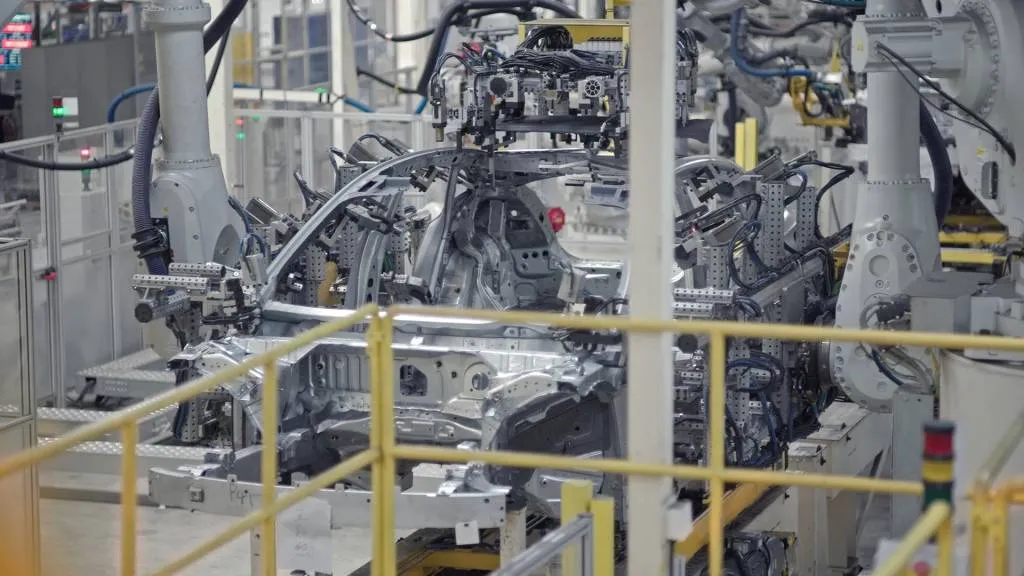Polestar 4 electric SUVs destined for North America will be built at a Renault plant in Busan, South Korea, alongside a previously announced assembly plant in China.
Revealed Thursday by Renault and then confirmed by Polestar the following day, the arrangement will see manufacturing in South Korea start in the second half of 2025, following a planned start of production in 2024 at a plant in Hangzhou Bay, China, owned by Polestar parent company Geely.

Polestar 4 manufacturing
This staggering feat of globalization—which will see an EV from Swedish-headquartered Polestar, controlled by Chinese conglomerate Geely, made at a French-overseen Renault plant in South Korea, for the U.S. market—will serve as a workaround for U.S. trade policies that disadvantage China-manufactured EVs.
The federal EV tax credit now comes with battery-supply rules enacted under the Inflation Reduction Act (IRA). Agreements made last spring make some battery materials supplied from South Korea, as well as Japan and The European Union, tax credit eligible—but not materials from China. South Korean manufacturing also helps avoid a 25% U.S. import tariff currently applied to models from China.

Polestar 4 manufacturing
Just earlier last week, a report suggested that Hyundai is developing LFP batteries in hopes to bypass trade barriers, and assure a battery supply that could work with South Korea’s preferred status in U.S. EV supply-chain policy.—as evidenced by the surge in interest of Chinese battery suppliers looking to establish manufacturing there.
Unveiled at the 2023 Shanghai auto show, the Polestar 4 is sized close to the Tesla Model Y and will start around $60,000, with a 300-mile range. It’s smaller than the Polestar 3 SUV, which will eventually be U.S.-built, but initial units are likely to come from Chengdu, China. The Polestar 3 is also scheduled to launch in 2024, following some delays.
As its alliance with Nissan evolves, Renault also last week formalized its Ampere global EV brand, showing a logo and announcing an executive team but not yet discussing product timelines.







